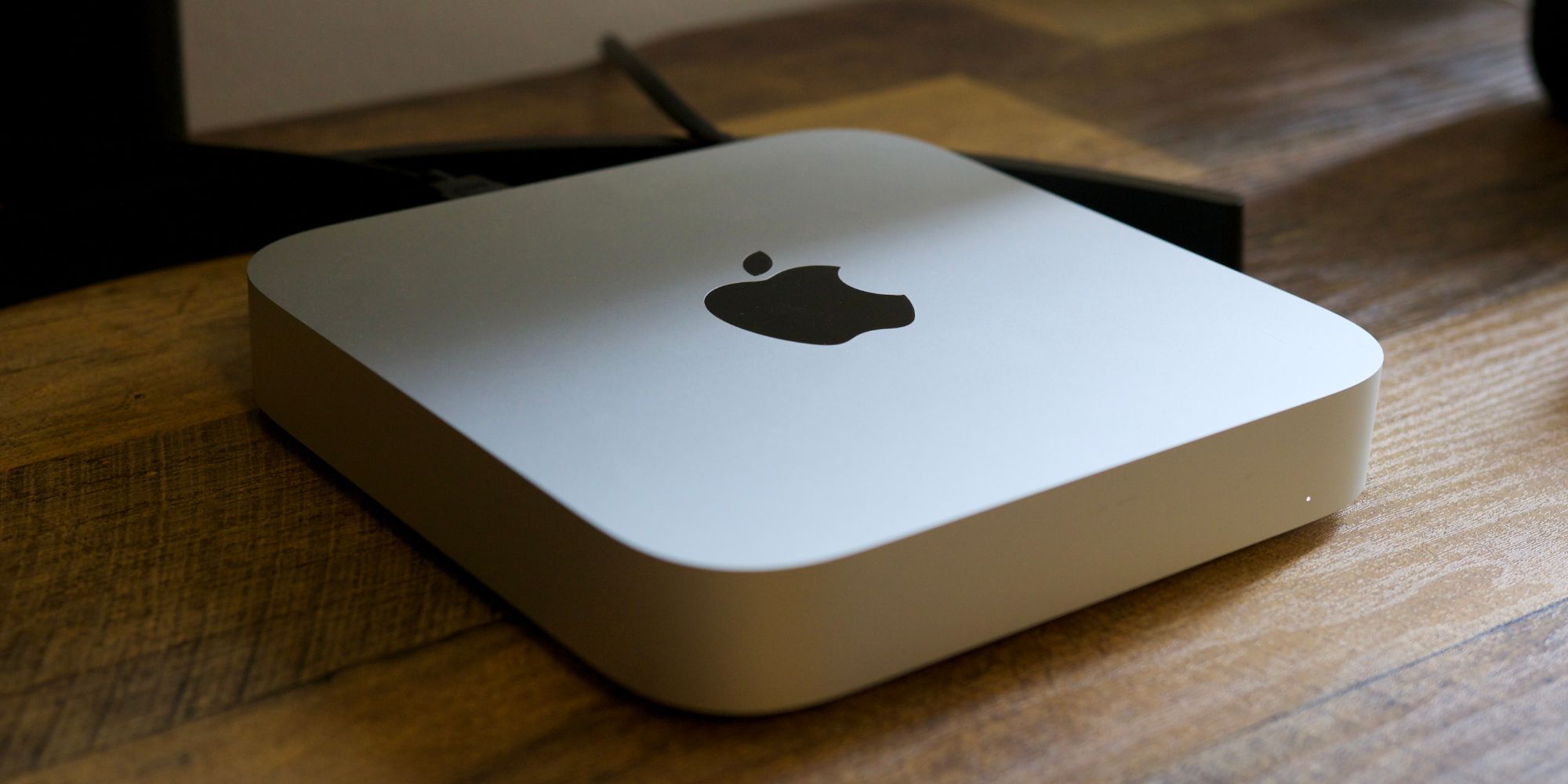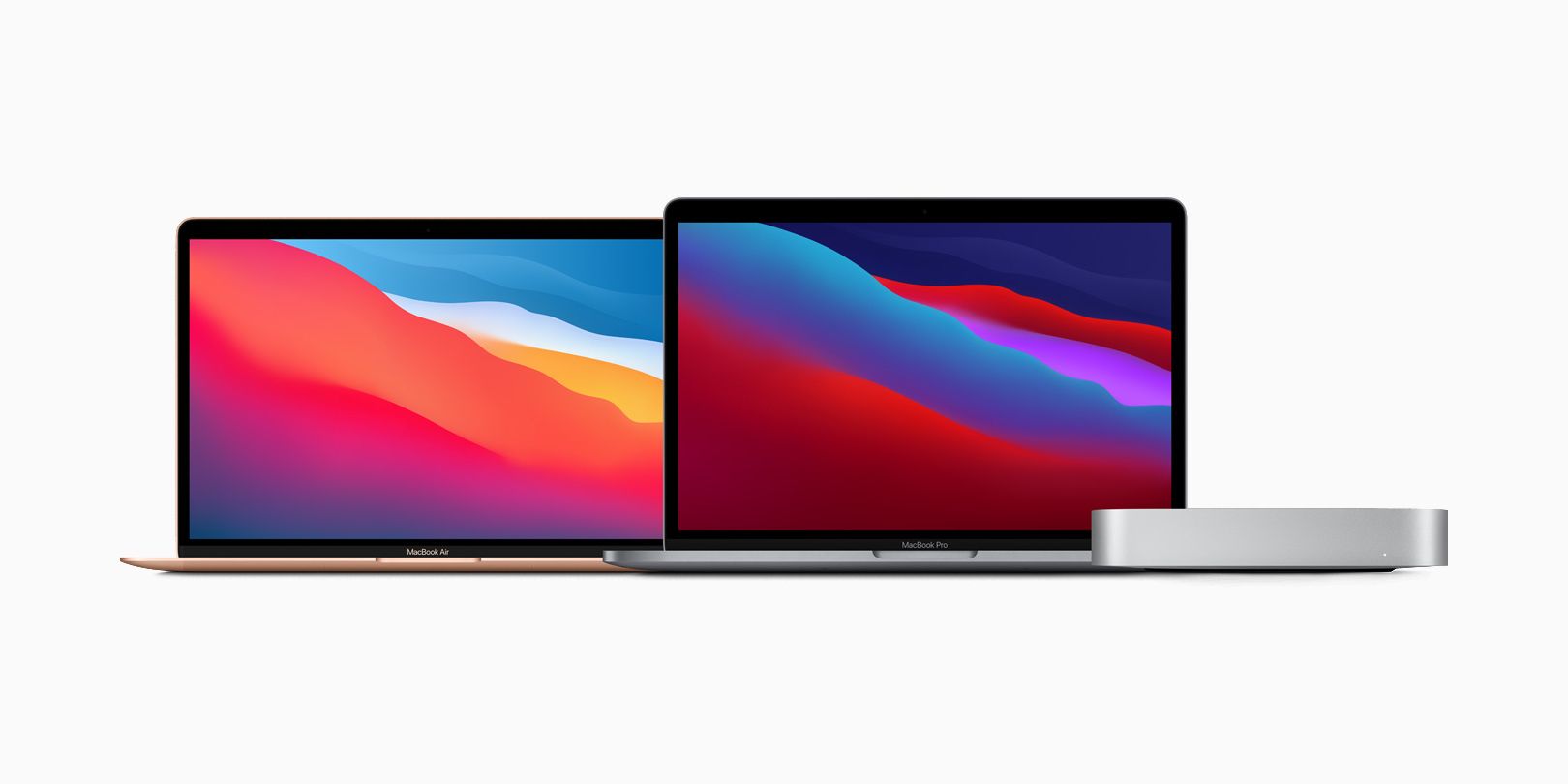Despite years of claims of the Mac being the safest computer on the market, it looks like Apple may be changing its tune on this subject. Craig Federighi, Apple's head of software engineering, recently admitted that the Mac is currently faced with more malware and viruses than the company finds "acceptable."
While computer viruses are part of any desktop, Apple has spent countless time and money marketing the Mac as an impenetrable platform. Whether it be the company's old 'Mac Vs. PC' ads or the entire page on its website dedicated to hyping up macOS security, Apple has always pushed the narrative that Macs are more secure than PCs. As such, these latest comments from Federighi seem a bit out of place.
As reported by CNET, Federighi has come out and said that Apple has "a level of malware on the Mac that we don't find acceptable." He's revealed that the Mac has been faced with 130 different malware variants since May 2021, with just one of those being responsible for infecting over 300,000 devices. As Federighi puts it, "it's an endless game of what-a-mole."
Why Apple Is Admitting To The Mac's Malware Situation
While some people may look at Federighi's comments as a humbling change of tune from Apple, it's important to understand why there were made in the first place. Federighi said these things while testifying against a lawsuit from Epic Games, the core of which aims to break up parts of Apple so that it doesn't have as much control over its devices and ecosystem. Epic claims that Apple's use of the App Store restricts third-party competition for offering software on iPhones and iPads. Not only is the App Store the only way to officially distribute apps on the devices, but developers are subject to a 30 percent fee from all of their profits that goes right into Apple's pockets. While the App Store does exist on the Mac, it's also possible to install apps/games from virtually any website.
According to Federighi, the iPhone and iPad's locked-down nature allows the devices to be as secure as they are. Because users can't install applications anywhere outside the App Store, they're exposed to considerably fewer risks. Federighi says that the Mac has a "significantly larger malware problem" compared to the iPhone and iPad.
To Federighi and Apple's credit, malware has proven to be a rising issue for the Mac. This past February saw advertising malware surface for Apple's M1 Mac devices, with another instance from July 2020 allowing hackers to use Google Search to bypass some of Apple's built-in security layers. The problem with these latest comments is the timing. Apple has clearly known that malware is an increasing issue for Mac users, but up until now, the company hasn't said anything about it. Now that there's the threat of Epic wanting to break up Apple's control of the App Store, Apple is happy to say something. It's an important topic that Apple should be highlighting, so here's to hoping it keeps getting attention even after the lawsuit is over.
Source: CNET


